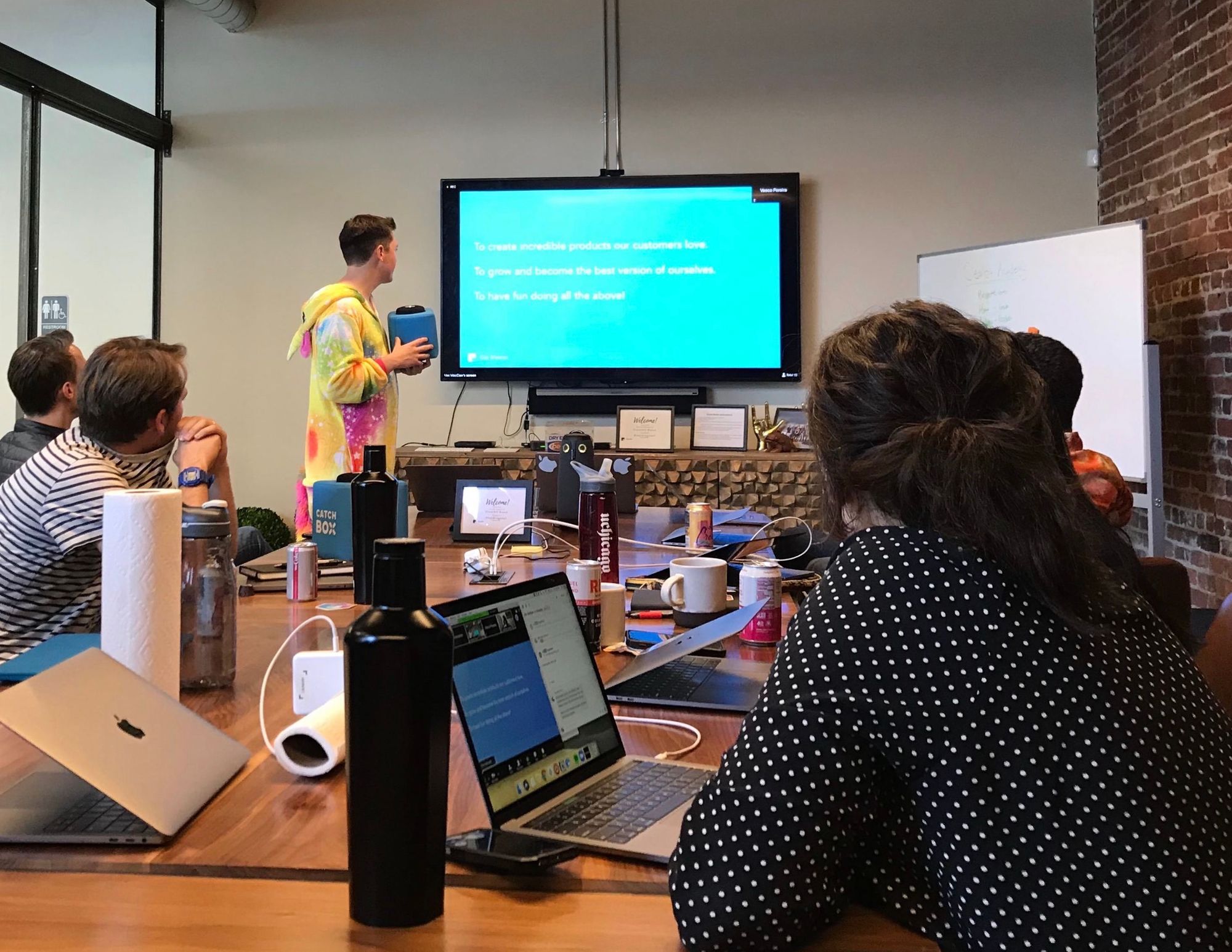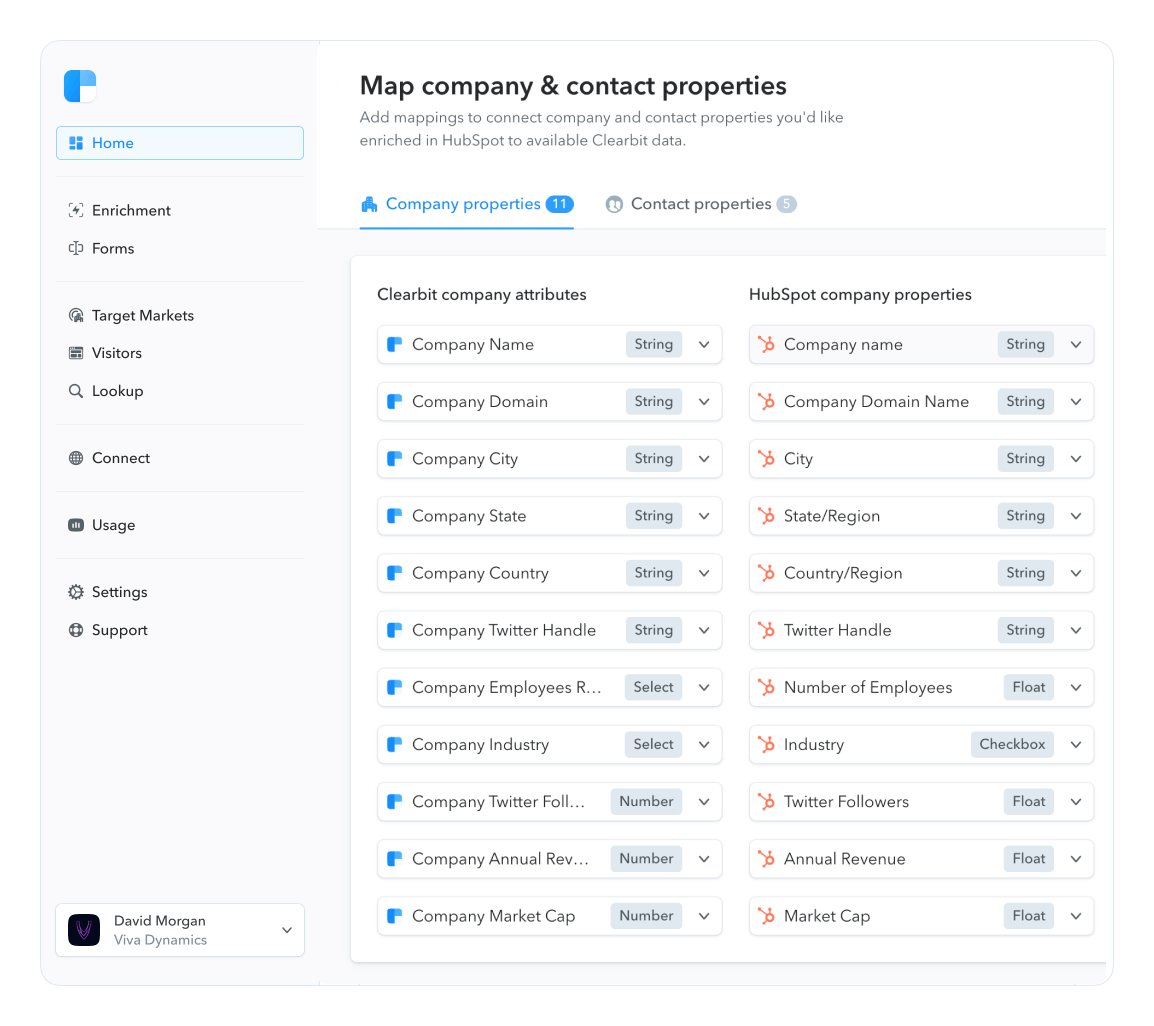Gross Company Happiness

Humans love measuring things. Mostly because they love comparing themselves to their neighbors, which involves measuring things.
Countries measure themselves using Gross Domestic Product (GDP), companies use EBITA, and individuals use their net worth (indicated via fancy watches, sneakers, and Instagrammed vacations).
When we look for ways to measure ourselves, we are drawn to easily quantifiable metrics (like money), and then naturally we invest in the things we are measuring (like working hard at our jobs to get promoted). We want instant gratification for our efforts, which companies are only too eager to provide. Less clearly quantifiable things, such as the strength of a marriage, are more likely to get overlooked when allocating your efforts. The net result is focusing on things that won’t make you happy while neglecting the things that actually do—ergo, suffering.
Companies make this mistake all the time. They have a maniacal focus on revenue while neglecting things like happiness. Ultimately this causes people to leave (ironically detrimental to the revenue they care so much about).
It goes without saying that revenue is important; not only do we have to keep the lights on, but lofty goals are often quite fun to hit (and involve a ton of personal growth). But it's easy to miss the forest for the trees. Ultimately our time on this planet is limited; a job you don't enjoy isn't worth doing.
One way of looking at the problem is by using different measurements. The country of Bhutan started doing this with their own twist on GDP: Gross National Happiness (GNH). Measuring GNH involves looking at the harmony between environmental sustainability, socio-economic development, good governance, and (you guessed it) people's happiness.
We've started to do the same at Clearbit, measuring our Gross Company Happiness (GCH). By having happiness as a core metric, our intention is to send the company a message: the means matter just as much as the end; there is no point spending our lives building this company if the process makes us miserable.
So how do you improve a company's happiness?
On the surface of things, happiness might seem like free food in the cafeteria or massages at your desk. And sure, some perks can result in improving your quality of life (like skipping the commute by working from home), but freebies aren't the answer.
Happiness stems from many areas, such as your health, local community, close relationships, and meaningful work. There's no one-size-fits-all solution to happiness, but there are a number of real, long-term, and sustainable things a company can do to help. The only catch is they are difficult to measure and hard to do well.
We believe the following are the secrets to job satisfaction:
- Working under a great manager
- Working alongside people you genuinely enjoy spending time with, who challenge you to grow
- Working on interesting problems you care about
What can a company do to help with those three things? Offer excellent management training, a rigorous and uncompromising hiring process, and a mission oriented around something interesting. At Clearbit, we are working on all three, and we now have the metrics to track our progress against them. In 2019, our GCH score was 8.5/10, with only a few people voluntarily leaving the company (out of 100 people).
For anyone working at Clearbit, it's important to remember that this is just a phase in your life. Ultimately everyone will leave, and indeed, ultimately the company won't exist. Our goal is to make this phase one of the best ones in your life: to help people grow, give them the tools to understand themselves and what they’re best at, and set them up to achieve whatever they want to achieve next.

